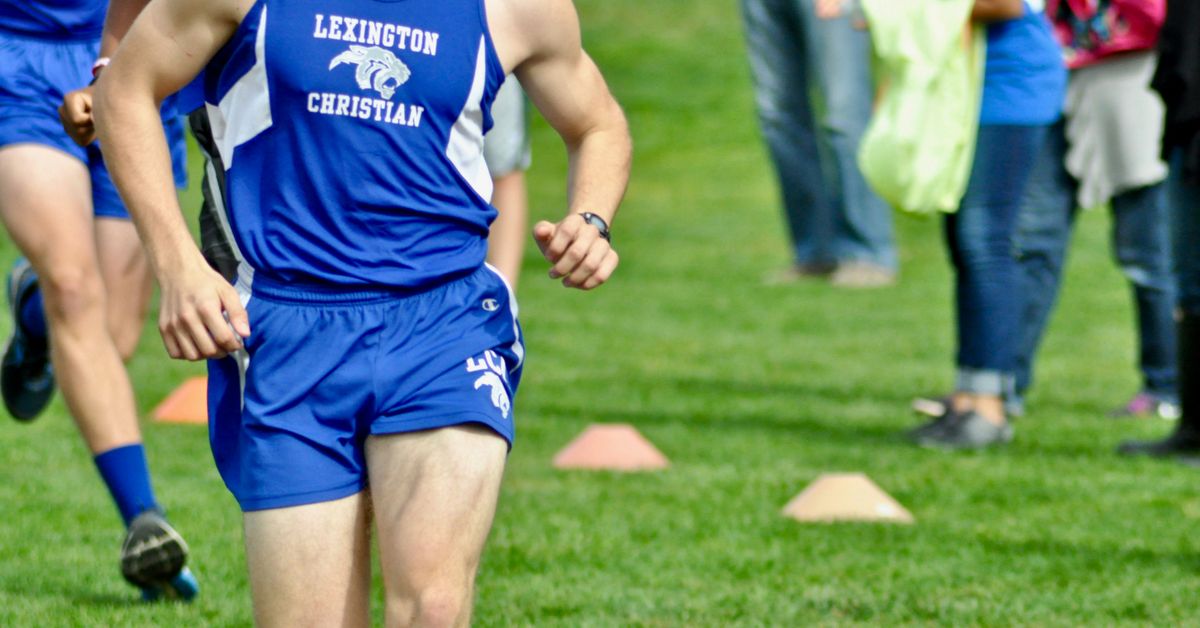
Mental Resilience in High-Performance Sports
In the realm of high-performance sports, mental resilience stands as a crucial factor that often differentiates champions from contenders. Athletes who excel under pressure, overcome setbacks, and consistently perform at their peak demonstrate a remarkable level of mental toughness and resilience.
Understanding Mental Resilience
Mental resilience in sports refers to an athlete’s ability to cope with stress, adversity, and challenges, while maintaining focus, determination, and performance quality. It involves psychological strengths such as:
- Adaptability: The capacity to adjust to changing circumstances and demands.
- Perseverance: The ability to persist in the face of difficulties or setbacks.
- Optimism: Maintaining a positive outlook and belief in one’s abilities.
- Emotional Control: Managing emotions effectively to stay calm and composed.
These attributes enable athletes to navigate the intense pressures of competitive sports, recover from setbacks, and perform consistently at their highest level.
Strategies to Build Mental Resilience
Developing mental resilience is a continuous process that involves training both the mind and body. Coaches and athletes employ various strategies to strengthen this critical aspect:
- Psychological Skills Training: Techniques such as visualization, goal-setting, and positive self-talk enhance mental fortitude.
- Stress Management: Learning techniques like deep breathing, meditation, and progressive muscle relaxation helps athletes stay calm under pressure.
- Adversity Training: Exposing athletes to controlled challenges and setbacks during training prepares them to handle unexpected obstacles during competition.
- Support Networks: Building strong relationships with coaches, teammates, and sports psychologists provides essential emotional support and encouragement.
Case Studies of Mental Resilience
Many renowned athletes exemplify extraordinary mental resilience:
“Michael Jordan, widely regarded as one of the greatest basketball players of all time, often credits his mental resilience for his success. He famously stated, ‘I’ve failed over and over and over again in my life and that is why I succeed.'” – Michael Jordan
Similarly, Serena Williams, in her illustrious tennis career, has repeatedly shown resilience by bouncing back from injuries and setbacks to maintain her dominance in the sport.
Impact on Performance
The benefits of mental resilience extend beyond individual performances to team dynamics and overall success:
- Consistency: Resilient athletes are more likely to perform consistently well, even in high-pressure situations.
- Leadership: They often emerge as leaders who inspire and motivate their teammates through their actions and attitudes.
- Recovery: After losses or injuries, mentally resilient athletes bounce back quicker and stronger.
Conclusion
Mental resilience is not merely a trait but a skill that can be cultivated through deliberate practice and training. Athletes who prioritize their mental well-being alongside physical conditioning are better equipped to navigate the challenges of high-performance sports. By fostering resilience, athletes not only enhance their own performance but also contribute to a culture of determination, perseverance, and success within their teams and sports communities.



